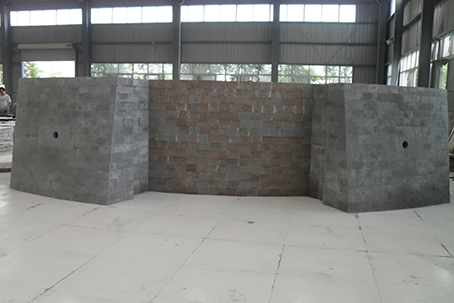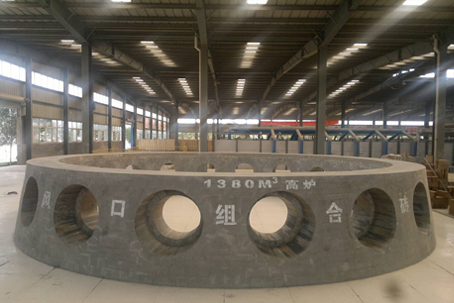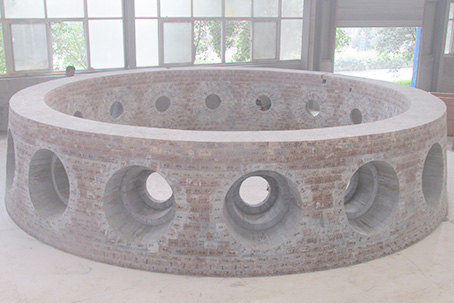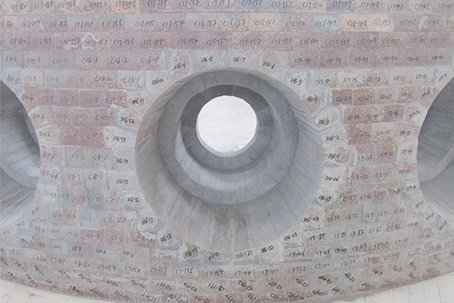If you have any question, please contact us
If you have any question, please contact us
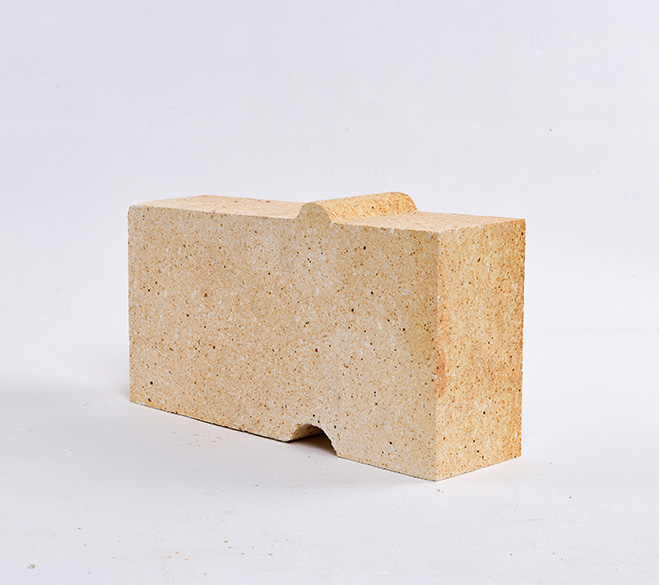
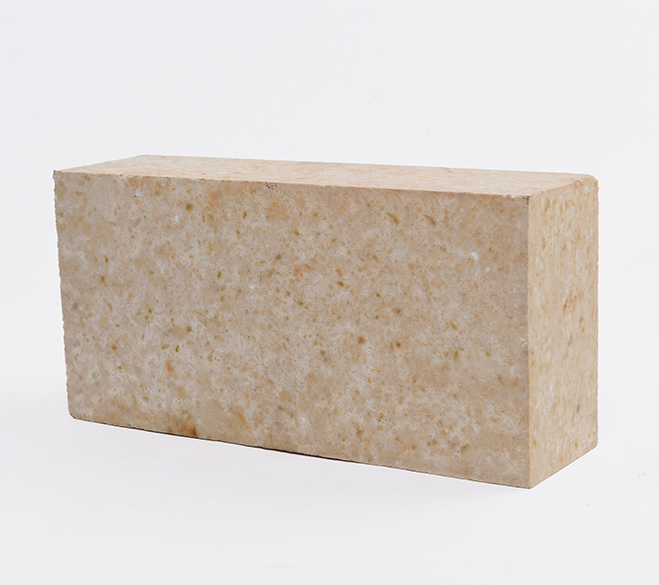
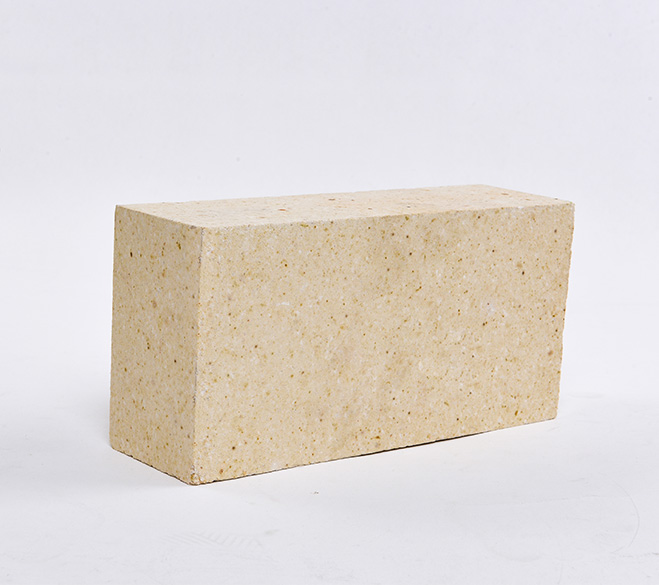
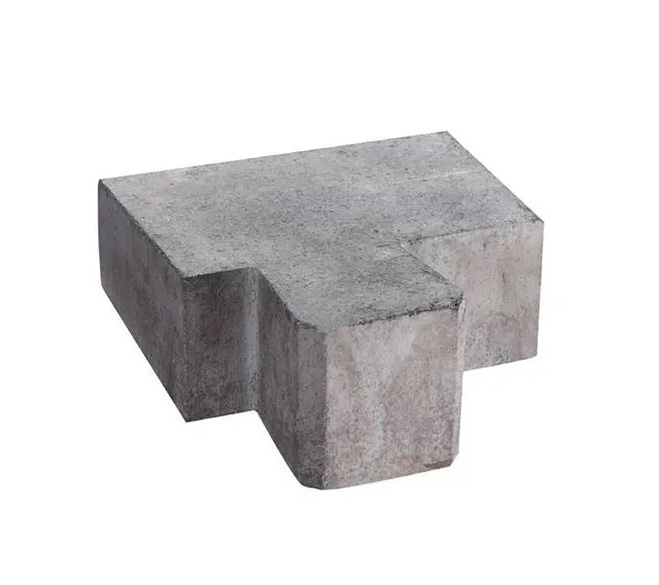
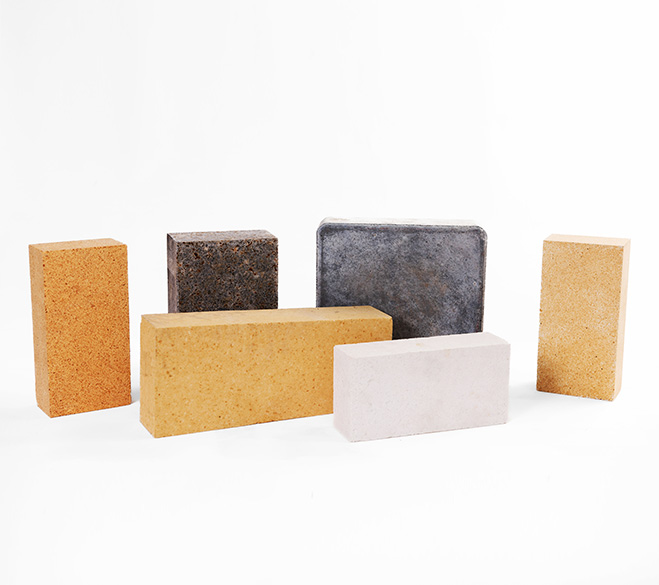
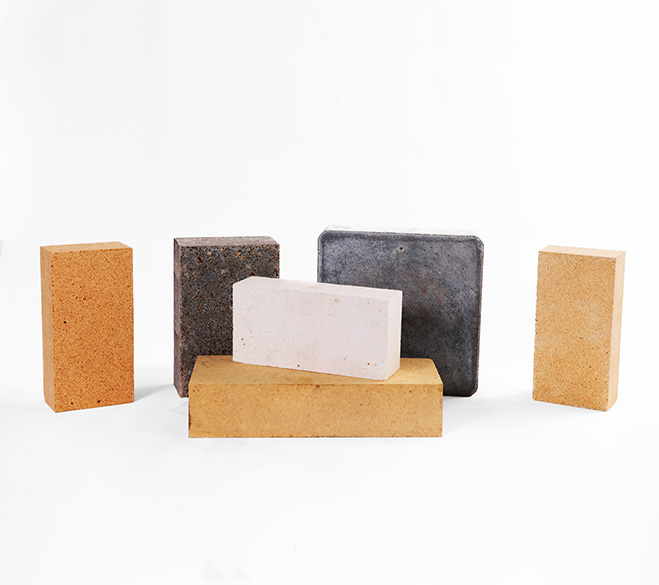
1、Furnace throat: blast furnace clay bricks, blast furnace high alumina bricks
2、Furnace body: blast furnace clay bricks, blast furnace high alumina bricks
3、Furnace waist: silicon nitride combined with silicon carbide bricks
4、Furnace belly: silicon nitride combined with silicon carbide bricks
5、Furnace cylinder: carbon bricks, corundum-mullite bricks, plastic phase composite corundum bricks
Blast furnace is the key equipment for ironmaking, and now blast furnace ironmaking is the common techinical process used worldwide. The blast furnace body is divided into 5 parts from top to bottom: furnace throat, furnace body, furnace waist, furnace belly and furnace cylinder. The temperature of each part of the furnace is: the bottom of the furnace is generally 1,450 ~ 1,500 ℃, the furnace cylinder parts, especially the wind mouth area of 1,700 ~ 2,000 ℃, the furnace belly, the furnace waist area of 1,400 ~ 1,600 ℃, the furnace on the upper part of the body for 600 ~ 800 ℃.
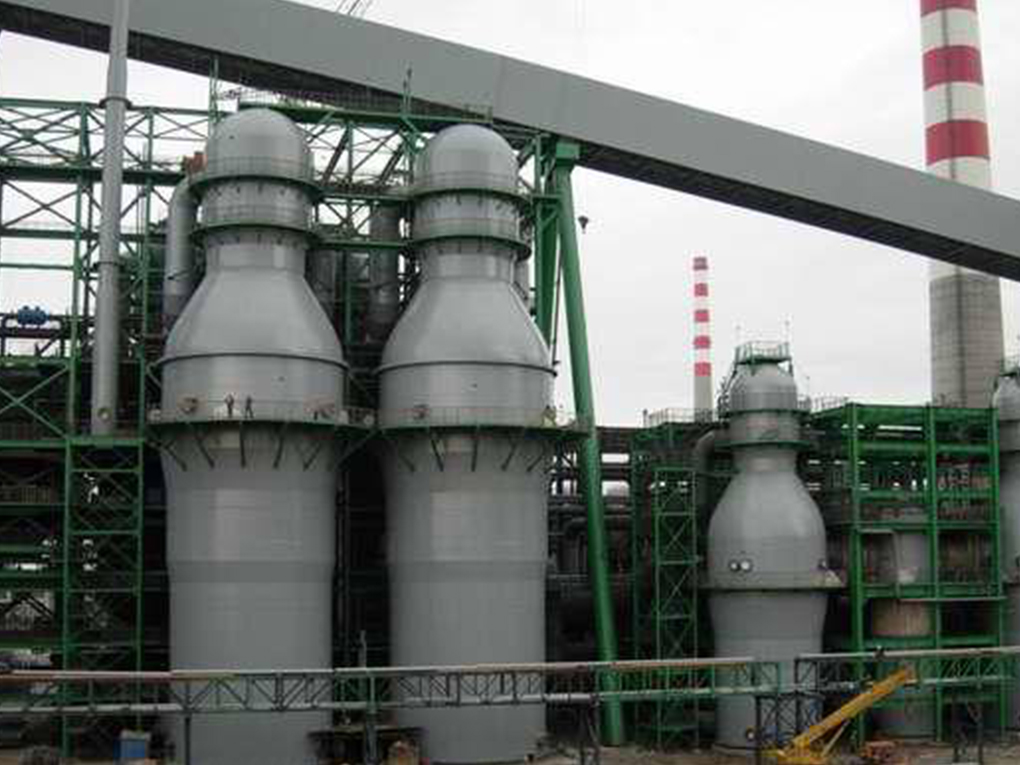
According to different areas, the configuration of refractory materials is as follows:
1、Furnace throat: blast furnace clay bricks, blast furnace high alumina bricks
2、Furnace body: blast furnace clay bricks, blast furnace high alumina bricks
3、Furnace waist: silicon nitride combined with silicon carbide bricks
4、Furnace belly: silicon nitride combined with silicon carbide bricks
5、Furnace cylinder: carbon bricks, corundum-mullite bricks, plastic phase composite corundum bricks

| Refractory Datasheet for Blast Furnace | |||||
| Item | blast furnace clay brick | blast furnace high alumina brick | corundum-mullite brick | plastic phase composite corundum brick | silicon nitride combined with silicon carbide brick |
| GN-42 | GL-65 | GMZ-80 | ZSG | ||
| SiC;% | / | / | / | 6~10 | ≥70 |
| Fe2O3;% | ≤2.0 | ≤2.0 | ≤1.0 | ≤1.0 | ≤0.7 |
| Al2O3;% | ≥42 | ≥65 | ≥80 | ≥75 | / |
| refractoriness;℃ | ≥1700 | ≥1750 | ≥1790 | ≥1790 | ≥1790 |
| Apparent porosity;% | ≤22 | ≤20 | ≤18 | ≤16 | ≤18 |
| bulk density;g/cm3 | ≥2.15 | ≥2.35 | ≥2.80 | ≥2.90 | ≥2.65 |
| Cold crushing strength;Mpa | ≥35 | ≥55 | ≥100 | ≥100 | ≥120 |
| 0.2MPa refractoriness-under-load;℃ | ≥1400 | ≥1500 | ≥1680 | ≥1650 | / |
| Permanent linar change on heating;% | 1300℃×2h 0~-0.4 |
1400℃×2h 0~-0.4 |
1500℃×2h +1~-0.2 |
1500℃×2h +1~-0.2 |
/ |
| alkaline resistance;% | / | / | / | ≤10 | / |
| Iron dissolution index;% | / | / | ≤2 | ≤2 | / |
| Application | Upper part of the furnace | Upper part of the furnace | Furnace Base, Furnace Cylinder Ceramic cups, ceramic mats |
Furnace Base, Furnace Cylinder Ceramic cups, ceramic mats |
The lower part of the furnace body, Waist, belly |
| Refractory Datasheet for Blast Furnaces | |||||
| Item | Carbon ramming material | silicon carbide filler | Feeding without water pressure | buffer mud | Self-flowing castable |
| SiC;% | / | ≥70 | / | / | / |
| C;% | ≥80 | / | / | / | / |
| Al2O3;% | / | / | ≥55 | ≥70 | ≥60 |
| bulk density;g/cm3 | ≥1.5 | ≥2.0 | ≥2.0 | 1.7~1.8 | ≥2.30 |
| Cold crushing strength;Mpa | ≥12 | ≥10 | ≥10 | ≥0.5 | ≥35 |
| Modulus of rupture;Mpa | / | ≥5 | ≥4 | ≥0.2 | ≥10 |
| Thermal conductivity;W(m·k) | ≥10 | ≥5 | |||
| Application | Between the water-cooling plate and carbon bricks at the bottom of the furnace | Gap between blast furnace cooling staves | Between blast furnace cooling stave and furnace shell | High temperature kiln lining thermal stress buffer | Between the cooling stave on the upper part of the furnace body and the furnace shell |
